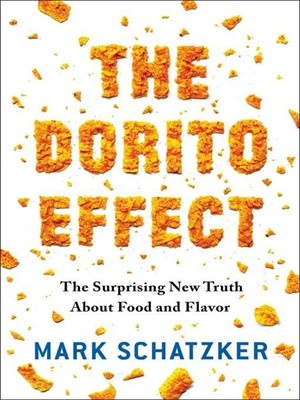The Best Book of the Summer -- The Dorito Effect: The Surprising New Truth About Food and Flavor7/15/2015
I just finished reading The Dorito Effect: The Surprising New Truth About Food and Flavor, by Mark Schatzker. And I can pretty confidently say that you should read it right now -- it's probably the best book you're going to read all summer.
What did I learn from this book? To borrow from a recent Quora post of mine,
Food today literally, objectively tastes less good than it used to.
Seriously, this was one of the funnest and most enlightening reads ever. And -- most importantly -- it's had a pretty lasting effect on my mindfulness when it comes to eating. I think a little more carefully when buying produce or dumping BBQ sauce all over my dinner. I grow my own herbs and vegetables, and have loved tasting the difference.
*** Have you read the Dorito Effect? What was your favorite chapter or study in the book? Anything else you'd add?
0 Comments
Leave a Reply. |
About The Happy Talent - Products
This is just a place where I share things I like. I would never, ever recommend something I didn't genuinely love. And when you buy using my links, it helps me keep this blog going. It's a win-win!
Archives
July 2022
Categories |

 RSS Feed
RSS Feed